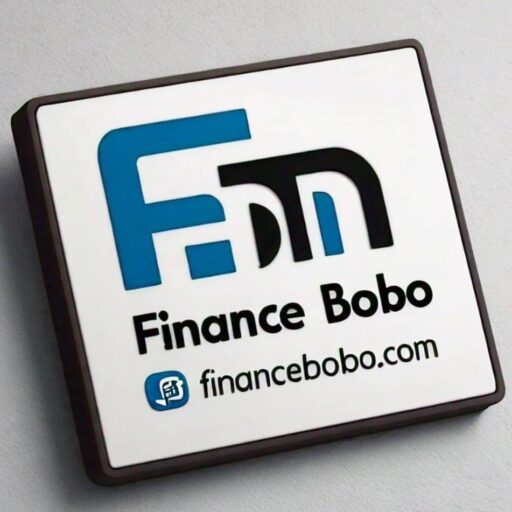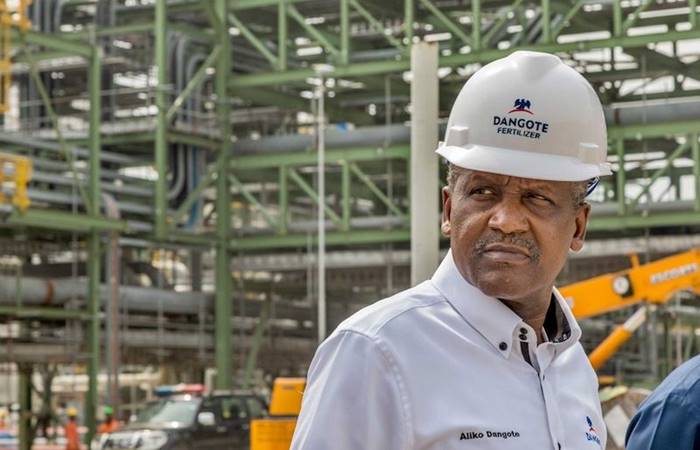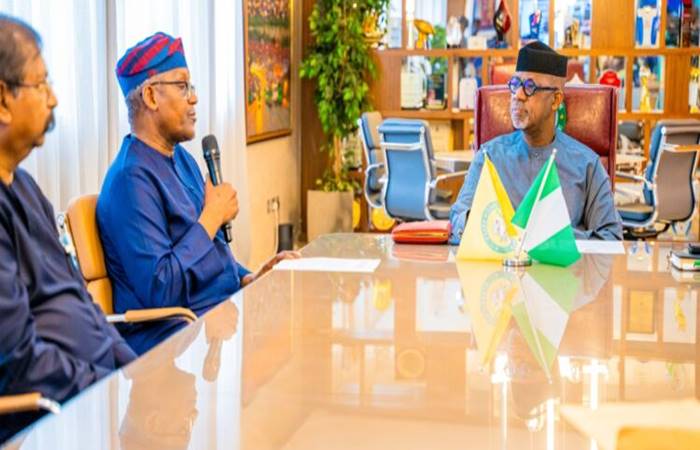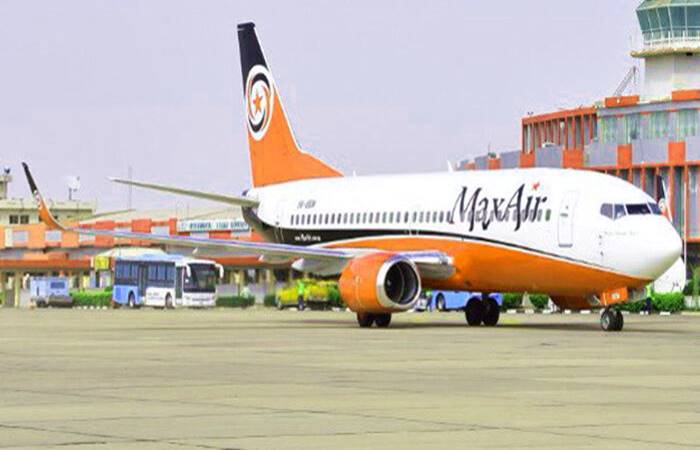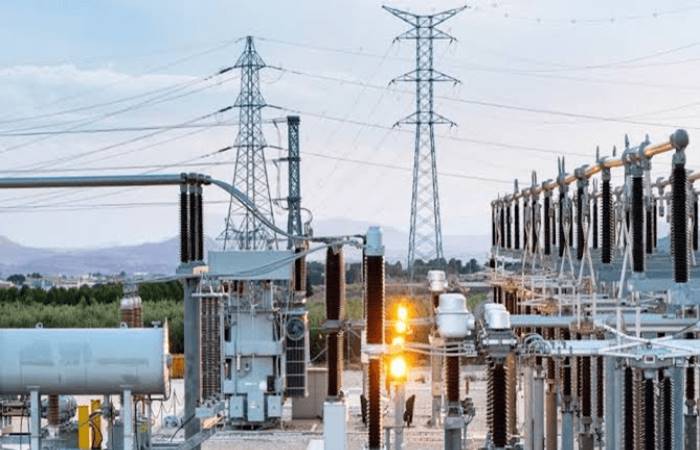
Nigeria’s Electricity Distribution Companies Face 33% Revenue Shortfall in 2024 Due to Metering Gaps and Poor Service
Nigeria’s electricity distribution companies (DisCos) experienced a 33% revenue shortfall in 2024, as they managed to collect only ₦1.699 trillion from customers out of the ₦2.196 trillion billed during the year.
A detailed analysis by FinanceBobo of quarterly reports published by the Nigerian Electricity Regulatory Commission (NERC) highlights a persistent gap in revenue collection. In Q1 2024, DisCos collected ₦291.62 billion from the ₦368.65 billion billed. In Q2, total revenue reached ₦466.69 billion, falling short of the ₦626.02 billion invoiced. The trend continued in Q3 and Q4, with revenues of ₦466.69 billion and ₦509.84 billion, against billings of ₦626.02 billion and ₦658.40 billion, respectively.
Challenges Hindering Revenue Collection
The electricity sector in Nigeria continues to struggle with poor revenue collection, which has been identified as a key challenge affecting power supply sustainability. NERC attributes this to:
- Customer unwillingness to pay bills on time
- Dissatisfaction with DisCos’ services
- Inadequate metering, leading to estimated billing disputes
- Operational inefficiencies within DisCos
Mounting International Electricity Debts
Another major concern is the accumulation of outstanding debts by international bilateral customers. In 2024, foreign entities owed Nigeria’s power sector a staggering $34.52 million for electricity supplied. The key international defaulters include:
- Paras SBEE and Transcorp SBEE (Benin Republic)
- Odukpani-CEET (Togo)
- Mainstream-NIGELEC (Niger Republic)
In Q1 2024, no payments were made against a total invoice of $14.19 million issued by the market operator. By Q2, international customers paid only $9.81 million of the $15.60 million owed, leaving an outstanding balance of $5.79 million. The trend persisted in Q3, where only $6.49 million was remitted out of $12.19 million, and in Q4, where payments totaled $5.21 million against a $14.05 million invoice.
ALSO READ: Nigeria, UK’s Zander Corp Partner to Combat Desertification with £250,000 Afforestation Tech
Domestic Debt: A Growing Concern
Nigeria’s domestic bilateral customers also failed to meet their obligations, leading to financial strain on the electricity sector. In Q1 2024, no remittances were made against a cumulative invoice of ₦1.86 billion issued by the market operator.
In Q2, these customers paid ₦1.295 billion out of ₦1.991 billion, achieving a 65.07% remittance rate. However, the Ajaokuta Steel Company Ltd and its host community—classified as “special customers”—failed to make any payments towards their ₦1.39 billion (NBET) and ₦0.11 billion (MO) invoices.
By Q3, the domestic remittance performance improved slightly, with ₦1.566 billion paid against a ₦2.1 billion invoice, translating to a 74.57% remittance rate. In Q4, however, payments fell to ₦1.252 billion against a billed amount of ₦1.977 billion.
Implications for Nigeria’s Power Sector
The persistent revenue shortfalls and debt accumulation have far-reaching implications for Nigeria’s electricity sector, including:
- Reduced investment in infrastructure and service improvements
- Limited capacity to expand electricity access to underserved areas
- Financial instability of DisCos and power generation companies (GenCos)
- Potential power supply disruptions due to liquidity crises
Conclusion
Without significant reforms, including widespread metering solutions, stricter debt recovery measures, and improved service delivery, Nigeria’s electricity sector will continue to struggle with financial inefficiencies. Addressing these challenges is crucial for ensuring a sustainable and reliable power supply across the country.
